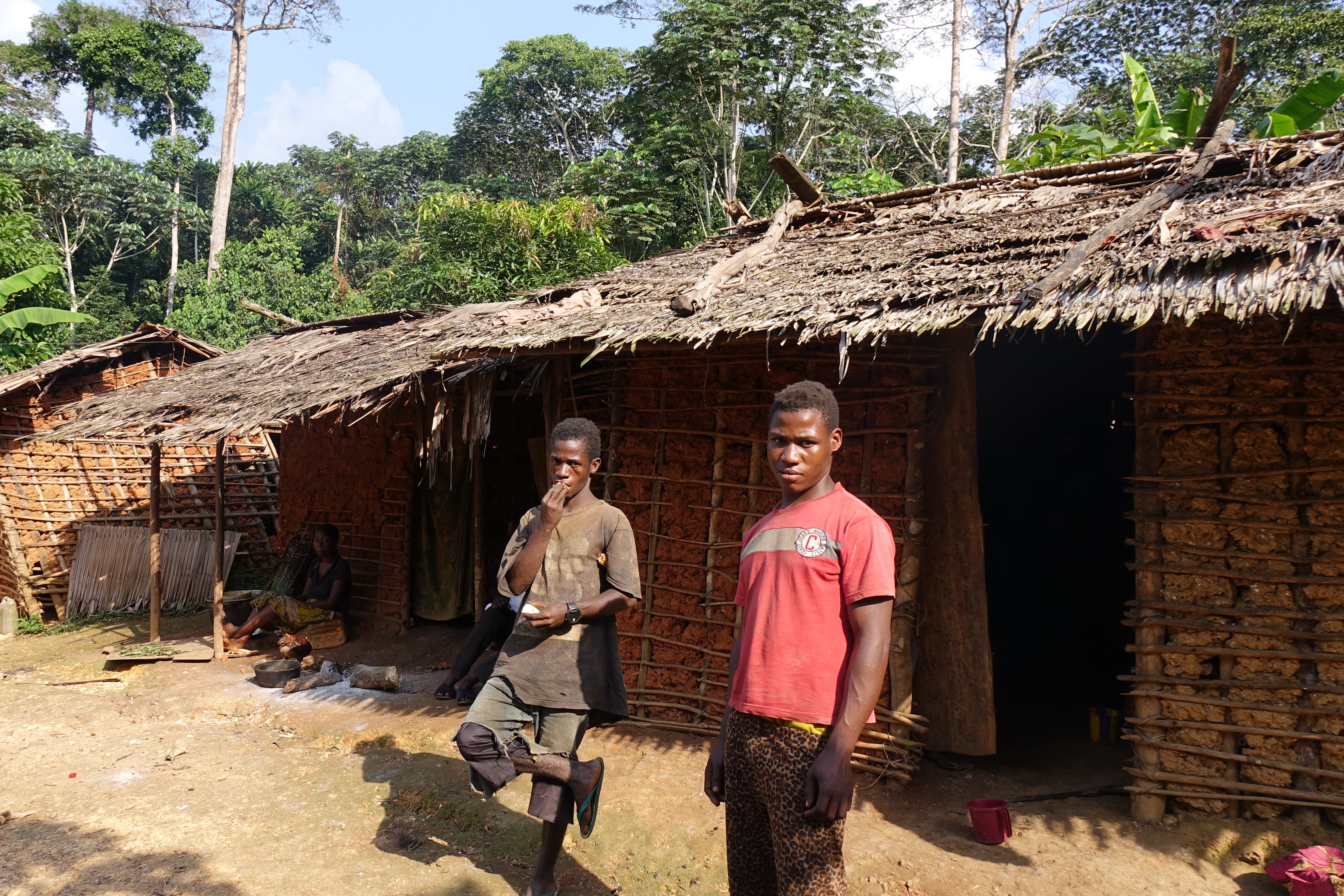African wildlife charity investigates alleged human rights abuses by employees
African Parks said the investigation was its ‘highest priority’.

An African wildlife charity part run by the Duke of Sussex is investigating allegations of human rights abuse by its employees of local people in the Republic of the Congo.
First reported by the Mail on Sunday (MoS), African Parks, which manages 22 national parks and protected areas across 12 countries, said the investigation was its “highest priority” and encouraged anyone with knowledge of any abuse to come forward.
The Duke of Sussex is currently a board member and former president of the non-profit organisation.
Guards managed and paid by the charity had been engaged in the beating, rape and torture of indigenous people in the rainforests of the Republic of the Congo, the MoS said.
This is an active, ongoing investigation that is our highest priority as an organisation, and we encourage anyone with knowledge of any abuses to report them to us or to the Congolese law enforcement authorities which will assist with the investigation and ensure that the perpetrators of any abuses are brought to justice
A statement from the African Parks board and chief executive said: “African Parks has a zero-tolerance policy for any form of abuse and is committed to upholding the rights of local and indigenous people.
“Allegations of misconduct are thoroughly investigated and acted on, and all of our parks are managed with a central philosophy of awareness, sensitivity and commitment to upholding the rights of local people.
“We are aware of the serious allegations regarding human rights abuses by eco-guards against local people living adjacent to Odzala-Kokoua National Park in the Republic of Congo, which have recently received media attention.
“We became aware of these allegations last year via a board member who received a letter from Survival International.
“We immediately launched an investigation through an external law firm based on the information we had available, while also urging Survival International to provide any and all facts they had.
“It’s unfortunate that they have chosen not to co-operate, despite repeated requests, and we continue to ask for their assistance.
It's specifically around 2010 when African Parks took over that the locals said the violence started being worse than before, because their park rangers would beat them every time they tried to get in the forest, which is their home, to collect medicinal plants, to hunt and to feed their families
“This is an active, ongoing investigation that is our highest priority as an organisation, and we encourage anyone with knowledge of any abuses to report them to us or to the Congolese law enforcement authorities which will assist with the investigation and ensure that the perpetrators of any abuses are brought to justice.”
The charity, founded in 2000, aims to protect Africa’s national parks and advance wildlife conservation in the continent and around the world.
It manages more than 20 million hectares of protected area with the goal of making each park “ecologically, socially and financially sustainable for the long-term”.
Fiore Longo, head of the conservation campaign at Survival International, told the PA news agency the story “doesn’t come as a surprise” as abuse cases have happened regularly in the region over many years.
She said: “With the arrival of protected areas during colonial times, many of the locals have already been evicted.
“But it’s specifically around 2010 when African Parks took over that the locals said the violence started being worse than before, because their park rangers would beat them every time they tried to get in the forest, which is their home, to collect medicinal plants, to hunt and to feed their families.
“So everything they do for living is a crime now.”
Ms Longo said she had heard cases from her colleagues of local women being raped, men having their heads put under water in rivers and some being burned with hot wax and whipped.
On the claim that Survival International is not co-operating with the African Parks investigation, she said: “They are a multimillion-pound company that has the duty and a responsibility because they are the employer of the rangers and the manager of the parks, and they had the money to conduct their own investigation.
“It’s not up to us to give them details. It’s their responsibility when we raise a problem to go there and investigate.”
Ms Longo said Survival International had been raising such issues since 2013 and the abuse allegedly suffered by local people was “not a secret”.
Bookmark popover
Removed from bookmarks